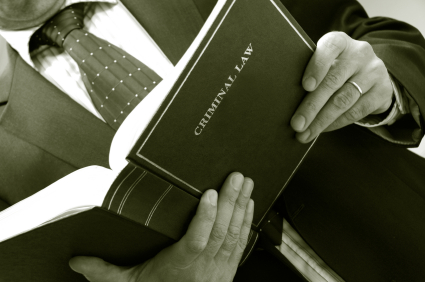Unprecedented times we are currently living in. The corona virus has impacted the world and different countries and states in the United States are imposing curfews. Mandatory curfews are laws that effectively prohibit or limit the right to be out in public at certain times, or in some cases, require businesses to close their doors during certain hours.
State and local governments are granted broad powers to impose curfews and other restrictions – more so than the federal government can – during public health crises and other emergencies in effort to maintain public health and safety.
There are three main types of mandatory curfew laws: emergency curfew laws, business curfew laws, and juvenile curfew laws.
Emergency curfews are usually temporary orders that are put in place — by federal, state, or local government — in response to a particular crisis, like a natural disaster, public health crisis, or ongoing civil disturbance. A few examples of emergency curfews:
This month, due to the corona virus pandemic, several states and territories declared states of emergency, granting authority to impose emergency curfews in effort to contain the spread of COVID-19 during the global pandemic.
In August 2008 the city of New Orleans instituted an emergency “dusk to dawn” curfew as Hurricane Gustav approached the Gulf Coast. In September 2008, Houston instituted a midnight-to 6:00 a.m. curfew as the city sought to clean up debris and repair power outages due to Hurricane Ike. Finally in April 1992, authorities in Los Angeles imposed a dusk-to-dawn curfew and deployed the National Guard to help quell city-wide civil disturbances, after the acquittal of LAPD officers involved in the beating of Rodney King.
A city’s laws may give the mayor the express power to take certain curfew-related actions in response to a local emergency. For example, the New York City Administrative Code authorizes the mayor of New York City to order curfews “including, but not limited to, the prohibition of or restrictions on pedestrian and vehicular movement, standing and parking, except for the provision of designated essential services such as fire, police and hospital services including the transportation of patients thereto, utility emergency repairs and emergency calls by physicians.”
Emergency curfew laws allow state and local governments to impose curfews on businesses in order to maintain health and safety during a time of crisis. In effort to slow the spread of the coronavirus in March 2020, businesses across the nation were ordered to close early, alter hours, shut down, or stop in-person service after states of emergencies were declared.
States and local municipalities have also enacted business curfew laws that require businesses in densely-populated and/or high-crime areas to close during late-night hours, i.e. from 11:00 p.m. to 5:00 a.m. Typically, businesses curfews do not apply to late-night pharmacies and bars, but are applicable to restaurants, liquor stores, and other establishments where people may gather.
Often a city’s business curfew law will remain on the books but be enforced only periodically, usually as a law enforcement response to an increased incidence of local crisis, crime, or violence.
Juvenile curfew laws are typically enacted at the state and local level, and prohibit people of a certain age (usually under 18) from being in public or in a business establishment during certain hours (such as between 11:00 p.m. and 6:00 a.m.). Goals behind these laws are frequently cited as maintenance of social order, and prevention of juvenile crime.
Not surprisingly, juvenile curfew laws are not without controversy and they can be legally challenged. Common defenses are on constitutional grounds as discriminatory on the basis of age. This type of challenge has not be effective, but other challenges based on unlawful arrest or racial profiling have been more effective.
If you or a loved one is in a bind as a result of a criminal charge, immediately contact a Seattle Criminal Attorney. A Criminal lawyer is not going to judge you, and understands that everyone makes mistakes. Hiring a Seattle Criminal Lawyer to help can – at a minimum – reduce penalties, and can help direct people on how to best deal with their criminal charge, and many times even get them dismissed. So it should go without saying that someone cited for a misdemeanor or felony should hire a qualified Seattle Criminal Lawyer as soon as possible. Criminal charges can cause havoc on a person’s personal and professional life. Anyone charged with a crime in Washington State should immediately seek the assistance of a seasoned Seattle Criminal Lawyer.

